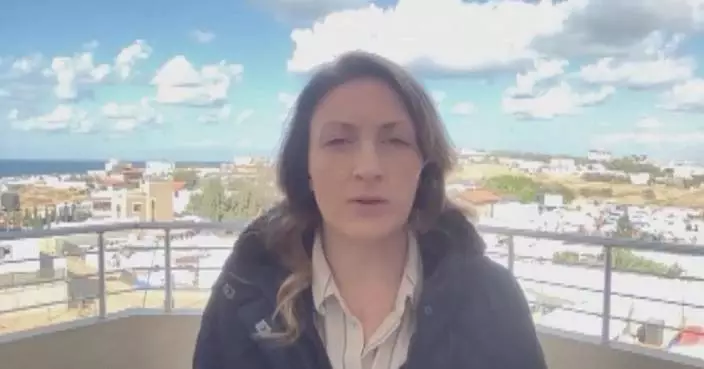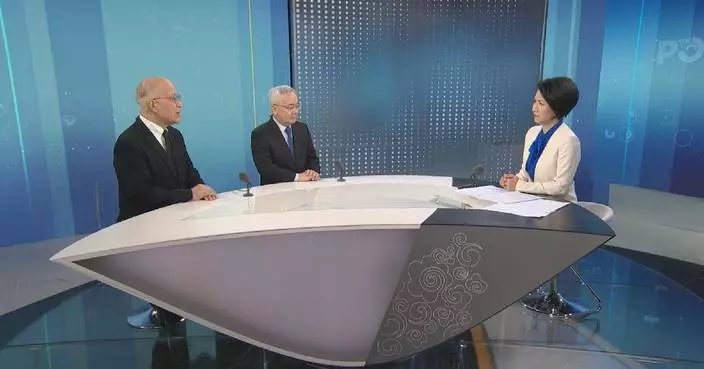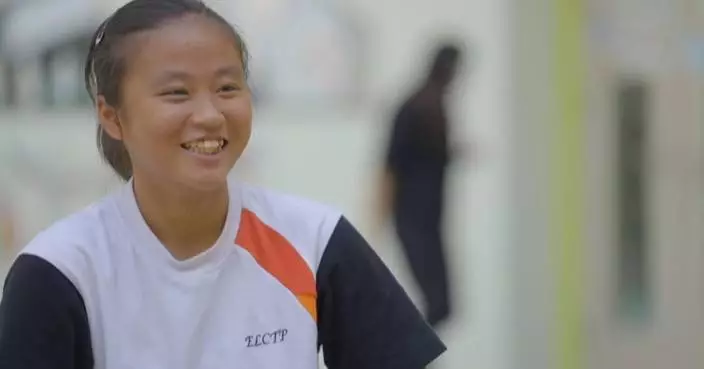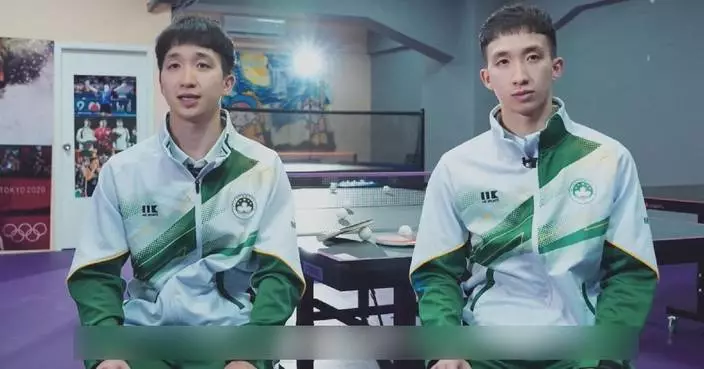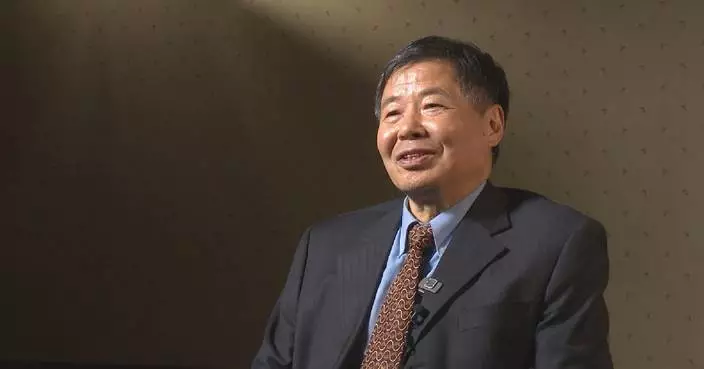The frequent doping tests enforced upon Chinese swimmers at the Paris 2024 Olympic Games undermines the spirit of fair play and respect which form a key part of the Olympic movement, a Chinese sports scholar said on Tuesday.
Anti-doping organizations had tested each Chinese swimmer an average of 21 times since the start of the year, compared to an average of just six times for American swimmers and four times for Australians, the sport's governing body World Aquatics revealed prior to the opening of the Paris Games.
The most recent data provided on the World Anti-Doping Agency's (WADA) website showed that there were over 19,000 samples collected from Chinese athletes, the largest sampling of all listed countries. Notably, in its list of the top ten countries with doping violations, China was ranked at the bottom with just 0.2 percent.
In an interview with the China Global Television Network (CGTN), Hu Liang, a professor of Sport and Exercise Psychology at Zhejiang University, expressed concerns that the excessive doping tests on Chinese athletes are grossly unfair and hampered their preparations for their respective sporting events.
"Chinese athletes suffered very frequently doping tests in Paris, which is both unnecessary and inappropriate in my view. I think such conduct undermines the spirit of fair play and respect because it has caused a lot of psychological disruptions. But it [also] hurts the fair play spirit which is key to the Olympic Games. I think this is probably linked to the full contamination incidents that involved a number of Chinese swimmers three years ago [at the Tokyo Games]. But to my knowledge, this case had been closed, the report had been sent to WADA and agreed, so I'm not sure why some people think they have the right to overrun such official decisions," Hu said.
The controversy stretches back to January 2021 when 23 Chinese swimmers tested positive for a heart medication known as trimetazidine (TMZ) after having allegedly been inadvertently exposed to the substance through contamination. After an investigation, the Chinese Anti-Doping Agency (CHINADA) decided that the Adverse Analytical Findings (AAFs) for TMZ were an isolated mass incident caused by athletes' consumption of food contaminated. It was then decided that the athletes involved would be "held to have no fault or negligence, and the AAF cases should not be brought forward as Anti-Doping Rule Violations (ADRVs)."
Hu also noted that other International Olympic Committee (IOC) officials have expressed sympathy over the level of testing Chinese swimmers have been subjected to, with calls for the authority of WADA and its testing system to be respected.
"I also noticed that for example, Pau Gasol who used to be a top-level basketball player, now a member of the International Olympic Committee (IOC) Athletes' Commission recently described this matter as 'unfortunate' and he was not sure this is right or not. So again, I think anyone is innocent before proven guilty and every athlete deserves respect and fairness. I believe this is a consensus among the international Olympic community," he said.
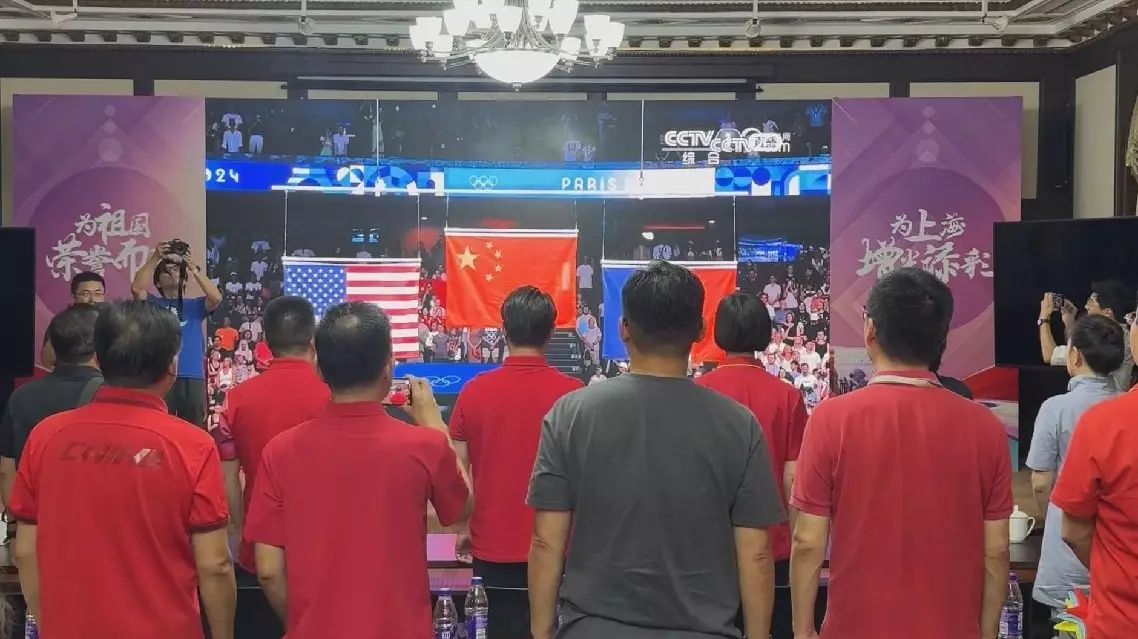
Double standards in doping test undermines Olympic spirit of fairness, unity: sports psychologist
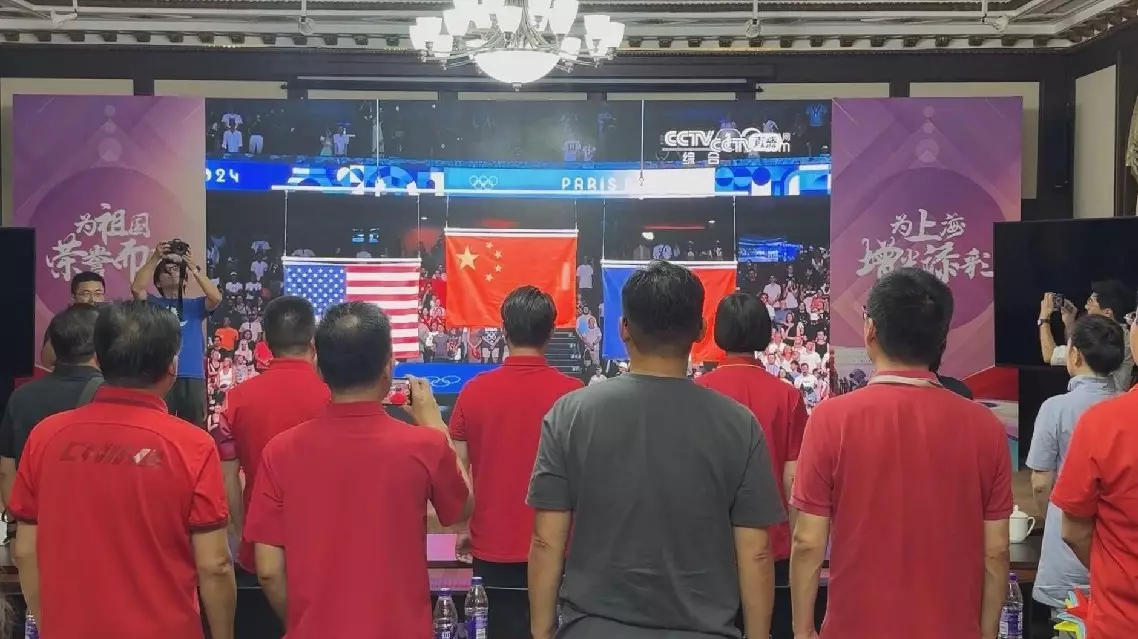
Double standards in doping test undermines Olympic spirit of fairness, unity: sports psychologist
Macao, one of the world's top places for life expectancy, has dedicated significant efforts to fostering favorable environments for the health and well-being of its elderly population.
In September this year, the government-built senior housing project was completed and officially inaugurated. Designed for elderly individuals capable of independent living, the project integrates cutting-edge elderly care technologies to ensure safety and comfort.
"Why did I choose the senior apartment? It is because I know their equipment is designed for the safety of the elderly, and this is what I need most right now," said Kuan Wai I, a dweller in the facility.
The apartments offer more than just a reliable living environment. They also create a vibrant community for seniors. Kuan, who enjoys playing the saxophone, plans to organize a band and participate in various activities available in the building. In an interview with China Central Television in the run-up to the 25th anniversary of Macao's return to China on December 20, 1999, Kuan expressed her enthusiasm for learning, eager to join as many interest classes and activities as possible.
Macao's commitment to elderly care is not limited housing. Initiated in 2009, the "Peng On Tung" Tele-Assistance Service Center provides around-the-clock emergency assistance and daily support services for seniors living alone, aging couples, those with chronic illnesses, and others in need. Even if someone simply wants to talk due to loneliness, they will not be turned away.
"Peng On Tun" is operated by the General Union of Neighborhood Associations of Macao, with strong support from the Special Administrative Region (SAR) government. Its affiliated service department, the Yijun Center, not only cares for elderly residents in Macao aged 55 and above with poor health, but also offers lifelong learning opportunities for Macao residents aged 45 and above.
Macao has long prioritized the protection of its elderly and individuals with chronic or severe illnesses. The region offers generous welfare benefits to seniors, including pensions, elderly subsidies, and cash sharing schemes. Permanent residents aged 65 and above are entitled to free preventive care services at public hospitals. Since 2009, the government has also issued annual medical vouchers to all permanent residents, further easing the financial burden of health-care.
Known as the "City of Longevity," Macao's life expectancy reached 83.1 years in 2023, ranking among the top three globally. This achievement is largely attributed to the region's high pension benefits and comprehensive healthcare services, including preventive care and health maintenance.
"Since Macao's return [to the motherland], the life expectancy of Macao residents has increased by five years, and our global ranking has risen from 12th to 3rd. Furthermore, the mortality rates for both newborns and pregnant women have remained exceptionally low," said Lo Iek Long, director of the Health Bureau of the Macao SAR Government.
In Macao, a health center is available for every three square kilometers, offering residents convenient and free medical services.
"We provide entirely free primary-level medical services, based on the concept of family medicine, through our network of health centers," Lo said.
In July this year, the Macao SAR government unveiled the Healthy Macao Blueprint, calling for collective efforts across society to turn Macao into a healthy city by 2030. Its overarching goals include improving health literacy among all residents, promoting healthy lifestyles, controlling major chronic diseases, and continuously enhancing residents' quality of life.
The story above was featured in the third episode of the China Media Group (CMG) documentary, titled "25 Years of Lotus Bond," created to commemorate the 25th anniversary of Macao's return to China.
The series premiered on CCTV-1 at 20:00 Dec 13 and will run until Dec 17, with subsequent broadcasts on CCTV-4 and CCTV-13.
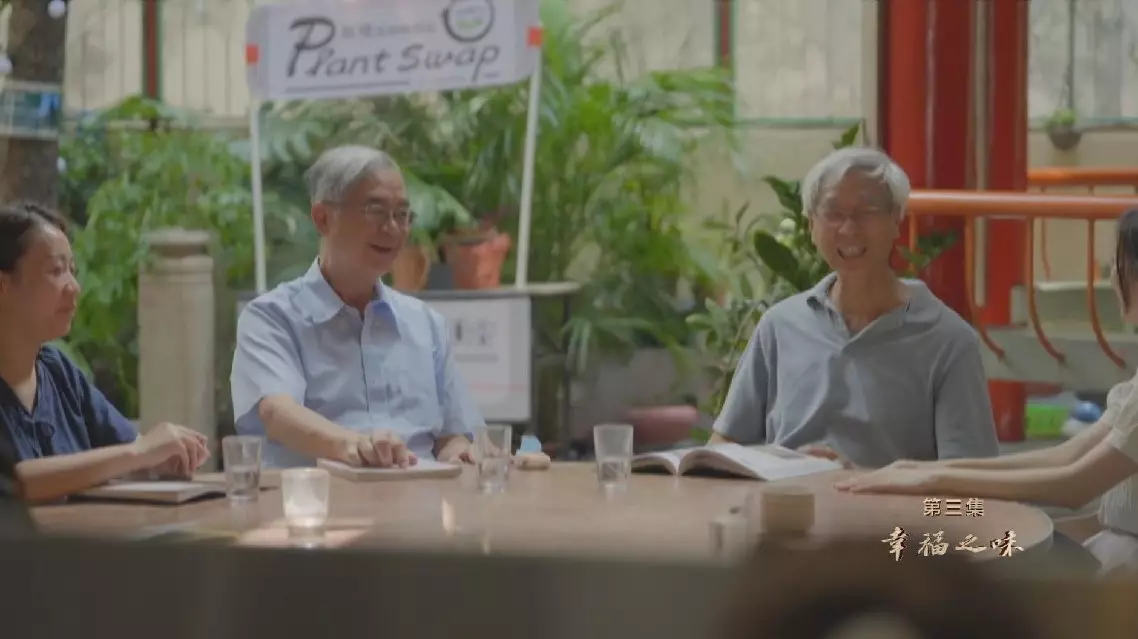
Macao strives to become elder-friendly city to support healthy aging





